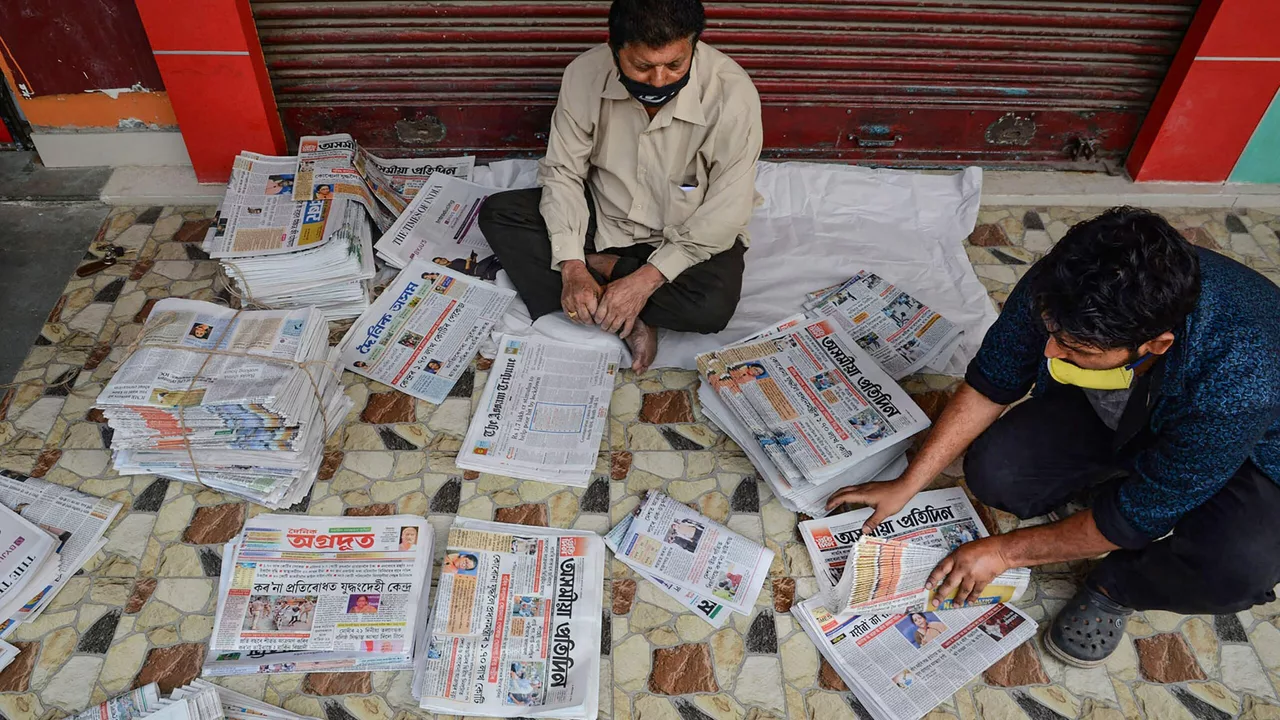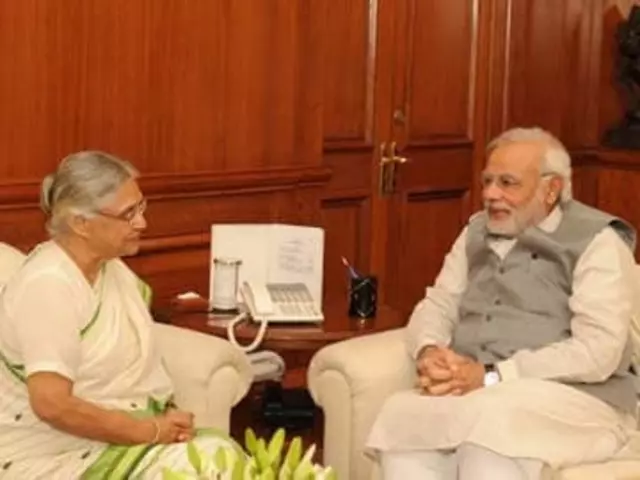Indian news media: what to read and how to trust it
News about India moves fast and can be messy. You’ll see breaking stories, opinion pieces, and social posts all mixed together. This tag helps you cut through the noise. Read smarter, check facts, and follow outlets that actually report instead of just reacting.
Pick outlets that do real reporting
Trusted outlets usually name reporters, publish corrections, and link to sources. Big names like The Times of India, The Hindu, NDTV, and India Today run staff reporting teams. International services such as Reuters and BBC do plain, source-based pieces on India too. Look for bylines, document links, and consistent updates rather than dramatic headlines with no supporting detail.
Ownership matters. Commercial pressure can tilt coverage toward sensational stories. If a site is full of ads, anonymous posts, or heavy opinion without evidence, treat it skeptically. Independent fact-checkers and public records often back up reliable reporting, so a trustworthy article will point to verifiable facts.
Simple checks that save time
When a story seems shocking, pause for a quick check. First, see if multiple reputable outlets report the same facts. Second, check official statements — police, courts, government departments — when relevant. Third, read beyond the headline. Headlines are written to grab clicks; the body of the article has the real detail.
Watch for language that signals opinion: words like "obvious," "shocking," or "they must" often mean the writer is commenting rather than reporting. Also note photo usage — images can be misleading or reused from unrelated events. A quick reverse image search can save you from false context.
For legal or crime stories, wait for court records or official press releases before accepting dramatic claims. Early reports often change as investigations proceed. Good outlets update stories and clearly mark corrections — that’s a sign of editorial responsibility, not weakness.
This tag on India Property Insider gathers posts about Indian news media, media tools, and notable stories. You’ll find pieces on which sites are reliable, how major outlets manage content, and coverage of headline events. Examples here include explanations of popular cases, analyses of media practices, and guides to trusted news sites.
Use the tag to follow beats you care about: politics, crime, business, or culture. Bookmark articles you trust, sign up for newsletters from reputable outlets, and diversify your sources. When you share, add the context you checked so your network benefits from better information.
If you want quick next steps: follow two national outlets, one independent newsroom, and one international wire. Set a news alert for topics you track and pause before sharing big claims. That small habit keeps you better informed and helps slow the spread of false stories.

Why does the Indian news media only cover politics?
Well folks, let's dive into the spicy curry of Indian news media, shall we? It's like politics has become their favorite Bollywood superstar, always taking center stage! Why so, you ask? It's because political news sells like hot samosas in India, stirring up emotions, creating debates, and keeping the TRP ratings high. So, next time when you switch on the news and it's all politics, don't go 'why always this?', instead say 'here comes the spicy drama!'
Media Criticism



